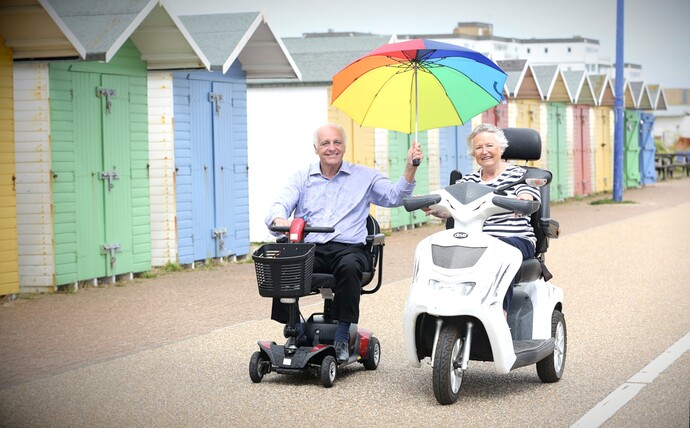Volvo unveils DRIVe range
August 4, 2009

Volvo has unveiled a range of vehicles which aim to provide an eco-friendly option for consumers.
The DRIVe cars offer an average fuel consumption of around 70 miles per gallon, according to its makers.
Vehicles across the range include a C30, V50 estate and S40 saloon and share a 1.6 litre diesel engine featuring start-stop technology. The cars narrowly miss out on the 100g/km road tax emption limit, coming in at 104g/km, falling instead into the £35 per year tax band.
Super-clean diesels are coming
The perception of diesel engines as frugal but dirty may be about to change. Particulate filters are now able to remove all trace of soot from diesel exhaust and the latest hybrids use the technology in tandem with electric motors. Volvo has announced plans for a new eco-friendly, plug-in hybrid car, which will boast CO2 emissions of less than 50g/km.

The car will powered by both an electric motor and a diesel engine. Volvo claims that carbon dioxide emissions will be lower than 50g/km.
According to Volvo, the lithium-ion battery pack that powers the electric motor takes about five hours to charge using a standard wall socket. The car will be able to boost its range through regenerative braking; the batteries will be recharged using the energy created when the vehicle slows.
Stephen Odell, chief executive officer and president of Volvo Cars, commented that the environment is at the “very top” of the firm’s agenda, saying: “Carbon dioxide emissions from our cars will be drastically reduced by the plan.”
The car is due for release in 2012.
A car with lower CO2 emissions than public transport
If the Volvo diesel/electric hybrid can deliver CO2 emissions of less than 50g per km on its average cycle (not just when it is being driven by its electric motor) then it will be running more efficiently than almost every type of public transport.
Basing our figures on CO2 emissions per passenger, per km in 2007/2008, we have compared the Volvo against public transport in London.
If the figure of 50g per km relates to its performance while running on battery power alone then the performance will still be impressive, but the source of the electricity would have to be sustainable in order for it to maximise its green credentials.
A spokesperson for the Environmental Transport Association (ETA) said: “It is widely assumed that the greatest environmental gains will come from electric cars, but super-efficient hybrids will deliver energy savings in the short term.”
Established over 25 years ago, and with over 5,000 recovery trucks on call 24/7, we have a proven track record of providing efficient, reliable breakdown cover. We handpick only the best local mechanics and garages around Britain to send out if you break down. We believe this way of working is efficient, environmentally friendly and helps support local communities and economies, too.
Information correct at time of publication.







